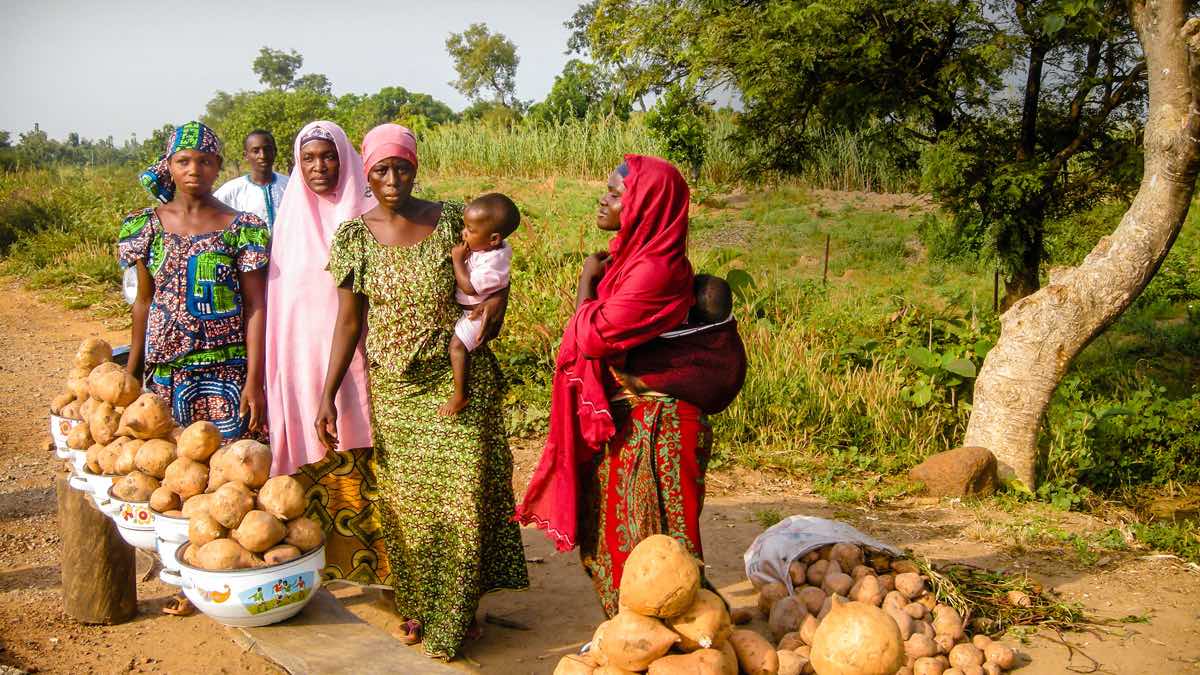African governments, confronted with widespread malnutrition and a farm sector in decline, committed in 2003 to increasing agricultural expenditure and growth. Eighteen have since adopted a CAADP Compact, obligating them to meet the Comprehensive Africa Agriculture Development Program’s targets of expanding agricultural GDP and expenditure.
Eight have so far kept a promise to spend at least 10 percent of the national budget on agriculture, and 10 have met or exceeded the agricultural growth target of at least six percent, boosting food security in a region heavily dependent on farming, according to the newly-updated Regional Strategic Analysis and Knowledge Support System (ReSAKSS).
This interactive economic information system was born of the recognition that evidence-based policymaking is crucial to achieving the CAADP goals. Set up at the request of the African Union and the New Economic Partnership for Africa’s Development to enable users to track more than two dozen key indicators, it has emerged as a major destination for information on agricultural development, growth, and poverty reduction across Africa.
ReSAKSS is the result of close collaboration between IFPRI, four other CGIAR-supported research centers operating in Africa, and experts throughout the continent. Together, they have also produced dozens of reports and briefings at the request of national governments and regional organizations such as the Economic Community of West African States and the Common Market of Eastern and Southern Africa.
Africa relies heavily on agriculture. Most Africans live by farming, and the sector supplies 30-40 percent of GDP and almost 60 percent of export earnings. Yet, public investment in agricultural development has lagged behind that of other developing regions. African governments spent only 5-7 percent of their national budgets on agriculture between 1980 and 2005, while their Asian counterparts plowed in 6-15 percent.







